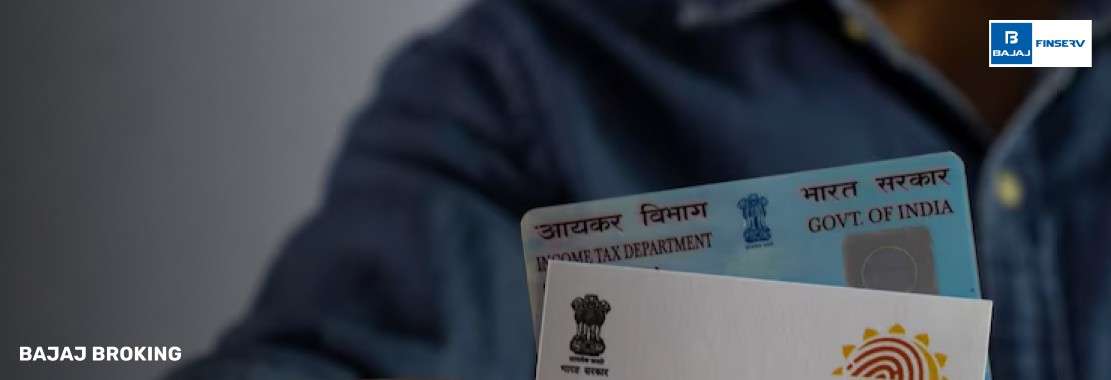A Permanent Account Number (PAN) is essential for conducting various financial and tax-related activities in India. Issued by the Income Tax Department, it serves as a unique identifier for individuals and entities. Understanding PAN card eligibility ensures a smooth application process.
Who Can Apply for a PAN Card?
A PAN card can be applied for by Indian citizens, foreign nationals, and various legal entities that are involved in financial transactions within India. These include individuals, companies, trusts, and more. Each category has distinct documentation requirements and eligibility criteria. Individuals, including minors and students, are also eligible, provided they have the necessary identification and address proof. Moreover, government-recognised organisations, NGOs, and firms involved in business operations in India can also apply for PAN. It is mandatory for individuals and entities to have a PAN when their income exceeds the basic exemption limit or when they enter into specified financial transactions.
PAN Card Eligibility for Indian Citizens
Indian citizens can apply for a PAN card if they engage in taxable activities, need to file income tax returns, or plan to invest or transact financially.
Individual Applicants
Any Indian individual, including minors, salaried employees, freelancers, students, and pensioners, can apply for a PAN card. For minors, parents or guardians can apply on their behalf. There is no income threshold to obtain a PAN, though it becomes mandatory upon entering specified financial transactions or taxable income brackets.
Hindu Undivided Families (HUFs)
HUFs can apply for a PAN to file returns, hold investments, or conduct business in the family's name. The karta (head) must provide proof of identity and address, along with an affidavit declaring the entity as a Hindu Undivided Family. A separate PAN helps in asset management and taxation under HUF.
Companies and Firms
All Indian-registered companies and partnership firms must possess a PAN to file tax returns, make TDS payments, and open bank accounts. While applying, the company must submit incorporation certificates, partnership deeds, and proof of office address. The PAN remains unchanged regardless of turnover and is crucial for financial compliance.
Trusts and Associations
Charitable trusts, NGOs, societies, and associations formed under relevant Indian acts are eligible to apply. PAN is needed for availing tax exemptions, managing donations, or conducting financial transactions. Documents like trust deeds, registration certificates, and identity/address proofs of the authorised signatories are mandatory to complete the application.
PAN Card Eligibility for Foreign Citizens
Foreign nationals or entities operating or earning income in India can apply for a PAN card. This includes Non-Resident Indians (NRIs), foreign companies, investors, or employees working under Indian-based contracts. PAN is essential for tax purposes, investing in Indian securities, or opening bank accounts. The documents required include copies of a passport, visa, overseas address proof, and a photograph. All foreign applications must be made using Form 49AA. They must also furnish a valid reason for obtaining PAN, such as signing legal agreements or making financial investments. The PAN ensures compliance with Indian tax laws for all global participants.
Required Documents for PAN Card Application
To complete the PAN application, applicants must submit valid proof of identity, address, and date of birth along with a passport-size photograph.
Identity Proof
Address Proof
Each document must reflect the current residential address and be recent to ensure accuracy during processing.
Date of Birth Documents (for Individuals)
Only valid government-issued documents that include the full date of birth are accepted by authorities.
Additional Documents for Specific Entities
Entities such as firms, LLPs, and companies must submit additional documents, including partnership deeds, registration certificates from regulatory authorities, or a certificate of incorporation. For NGOs or trusts, a trust deed or society registration certificate is mandatory. These documents support the legal existence of the entity applying for PAN.
Advantages of PAN Card
A PAN card streamlines tax filing, ensures compliance, and acts as valid identification across India. It is required for opening bank accounts, purchasing property, and conducting high-value transactions. It also helps link all your financial dealings to a single identification number, making audits and verifications simpler.
Key Benefits:
Facilitates income tax filing
Required for high-value transactions
Mandatory for opening a Demat or bank account
Acts as a valid identity proof
Aids in linking PAN and Aadhaar for legal compliance
Disclaimer: This blog is for informational purposes only and does not constitute legal, financial, or investment advice.




